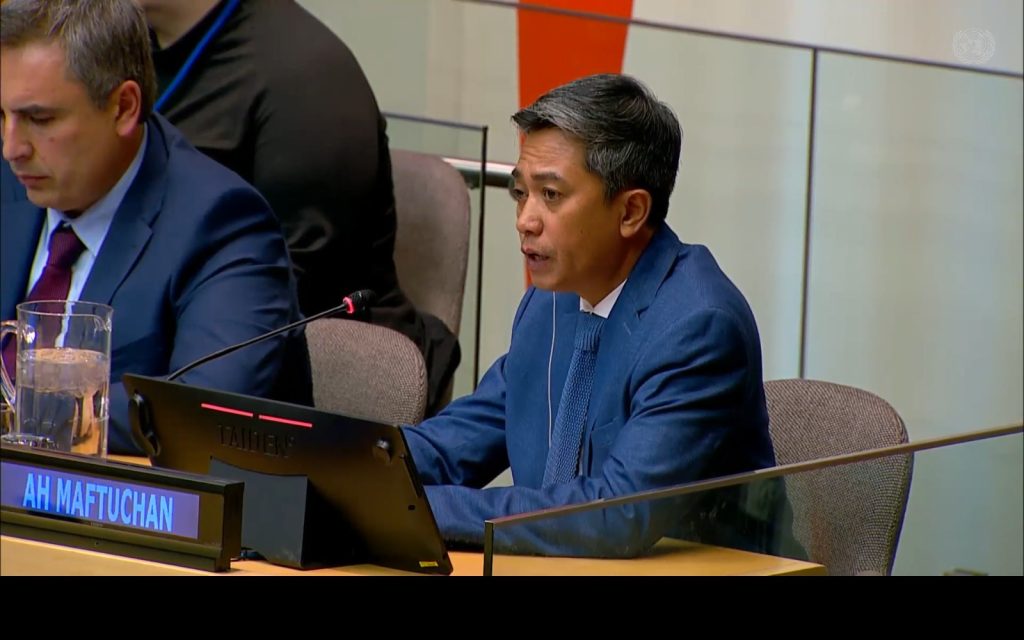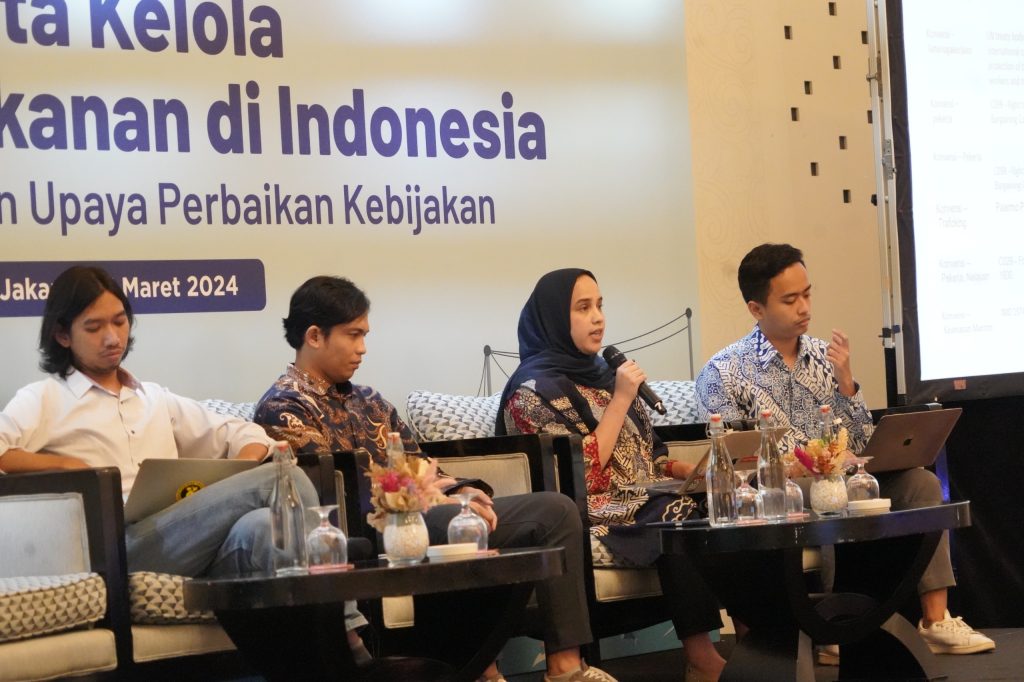The implementation of the carbon tax in the Draft Law on General Tax Provisions and Procedures (RUU KUP) reaps pros and cons in the community. The rejection of the planned carbon tax levy came especially from the entrepreneur group because it was considered that it could increase production costs so that in the end it would increase the prices of goods and services and worsen the business climate. On the other hand, support came from various parties such as members of the DPR, academics and civil society organizations.
PRAKARSA appreciates the government's move to implement a carbon tax because it can reduce the impact of CO2 emissions. "This rule is very appropriate and relevant to implement considering that Indonesia is also bound by the Paris Agreement where the emission reduction target is one of the points. Moreover, the global trend is towards greener economic activities, so this regulation is necessary. Of course, this must be accompanied by improvements in technology and human resources to support its implementation," said Ah Maftuchan, Executive Director of The PRAKARSA.
"The implementation of the carbon tax is expected to contribute to the achievement of climate change mitigation and adaptation goals while increasing economic growth, reducing poverty, and simultaneously preserving the environment," added Ah Maftuchan, who also serves as Coordinator of the Fair Tax Forum.
At the Carbon Tax Implementation webinar organized by The PRAKARSA and Radesa Institute last August 12, Drs. Fathan Subchi, Deputy Chairman of Commission XI DPR RI fully supports the government's plan to implement a carbon tax by taking into account the supporting factors. “There are several important things that still need to be formulated in implementing carbon taxes in Indonesia. First, the government must determine a form of carbon tax that will later be imposed to suit the conditions and needs in Indonesia. Kedu readiness of technology and human resources in the process of recording and imposing carbon taxes, and ktriangle, determine the tax subject so as not to burden the community," he said.
Paul Butarbutar, Co-Founder of the Indonesia Research Institute for Decarbonization assessed that the implementation of a carbon tax does not always have a negative impact on economic growth. “In summary, efforts to reduce CO2 emissions in Indonesia must pay attention to the economic aspect, so that the implementation of a carbon tax does not have an impact on the decline in economic performance in Indonesia. The implementation of the Carbon tax in Sweden has proven to be able to reduce emissions and increase economic growth at the same time as Swedish companies are competing to create more efficient technologies so that energy use can be reduced,” he explained.
"It is very important to ensure that carbon tax collection regulations are right on target so that apart from being an additional state revenue, the implementation of carbon taxes can carry out its important function, namely as a control tool to change behavior that encourages innovation and changes in the way company management works, especially companies that contribute high carbon emissions." Close Cut Nurul Aidha, Research and Knowledge Manager The PRAKARSA.



